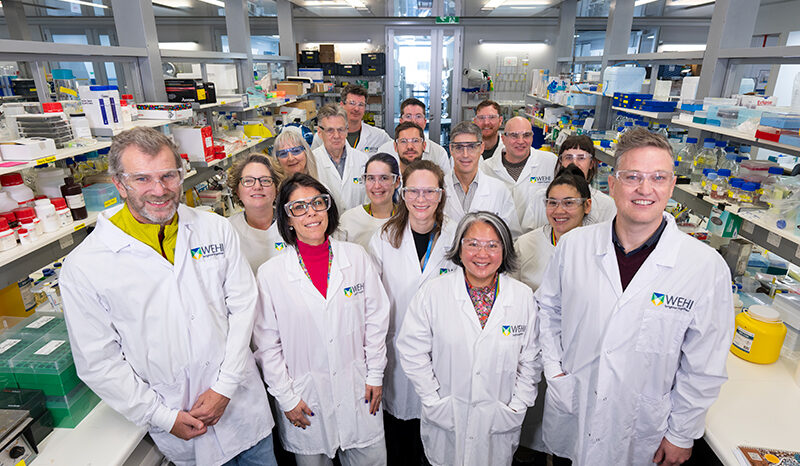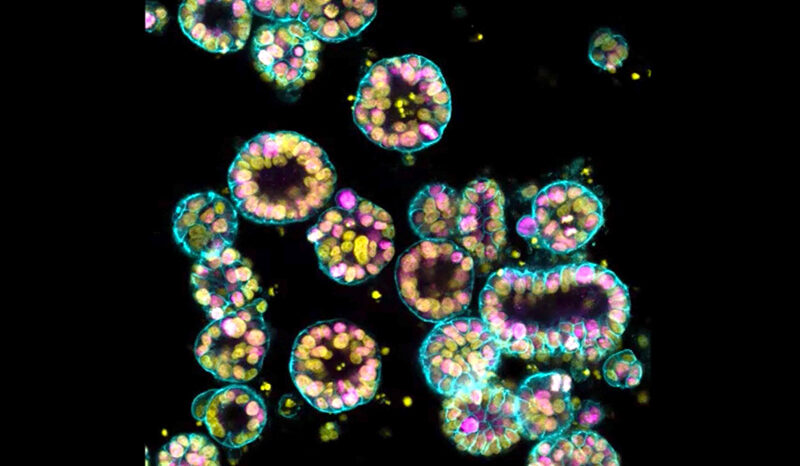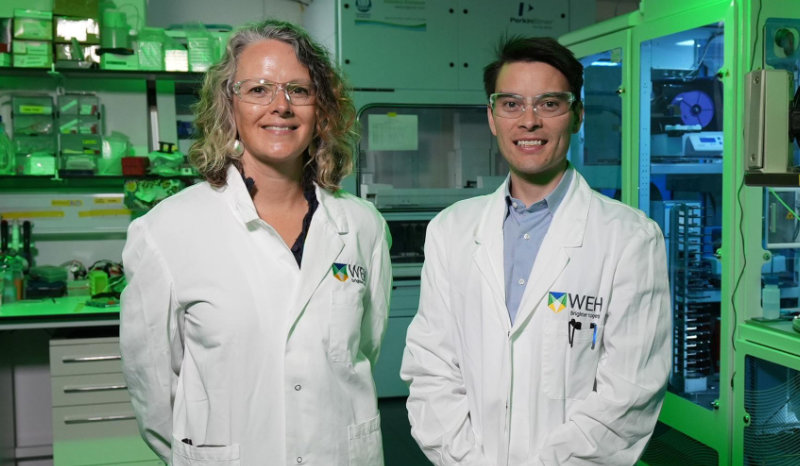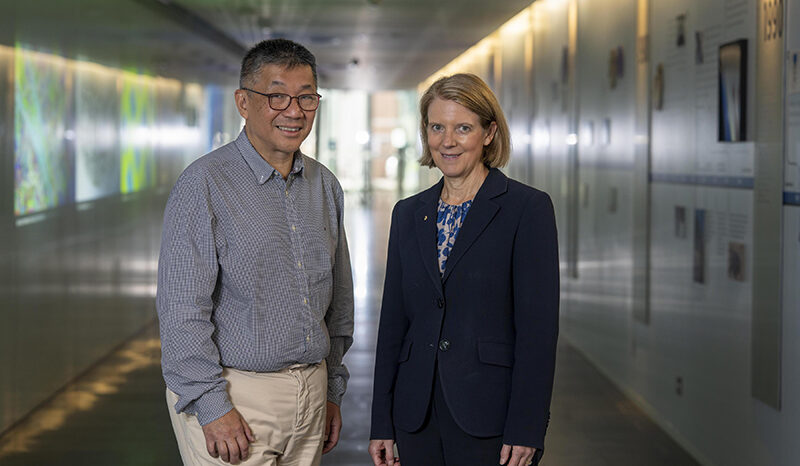Cancer-fighting secret weapon
Half of all cancers in the world, including many blood cancers, are linked to mutations in the tumour suppressor gene p53.
Some people will not respond or will become resistant to new drugs. WEHI researchers are unravelling the molecular answers for why this happens, paving the way for new therapies.
WEHI researchers were able to solve a long-standing mystery about how p53 acts to suppress cancer development in blood cells, discovering the link between p53 and a group of ‘DNA repair’ genes that were vital to its effectiveness in preventing lymphoma and leukaemia, as well as other cancers.
Combining expertise in cancer biology and bioinformatics, our researchers also demonstrated that mutated p53 proteins could stop healthy p53 proteins from activating pathways in the cells that protect against cancer. However, the healthy p53 proteins were still able to activate pathways that promoted tumour growth.
Blood cancer researcher Dr Gemma Kelly said it showed that mutant proteins were ‘cunning’.










